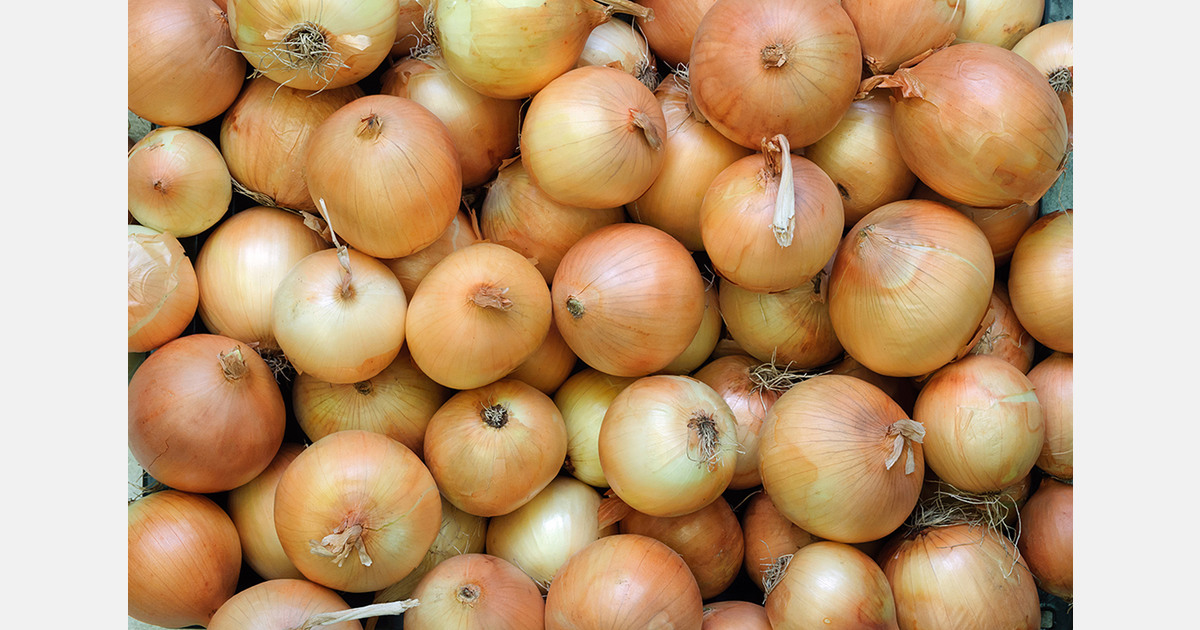
According to a Bangladesh Bank survey, onion farmers in Bangladesh experienced a 24% production cost deficit due to erratic market price fluctuations. The study, A Study on Value Chain Efficiency of the Agricultural Products in Bangladesh, attributes this volatility to the influence of middlemen and natural disasters.
Conducted in January, the research analyzed the value chains of rice, onion, potato, egg, and broiler chicken to understand pricing mechanisms and the factors contributing to inflation and instability. The survey included 195 participants, with the bank noting its limited sample size.
Onion growers cultivating the Murikata (seed) variety spent approximately US$0.49 per kilogram on production, while the average selling price was around US$0.37 per kilogram, resulting in a 24% loss. Selling prices ranged from US$0.32 to US$0.44 per kilogram. The study observed that this year’s conditions differed significantly from last year due to heavy rains and expanded Murikata cultivation, which contributed to oversupply. Data from the Department of Agricultural Extension (DAE) indicated that land-use targets were exceeded in 2025, further increasing output.
Despite heavy rainfall episodes, overall production remained high, saturating the market. Input costs, including seeds, labor, and land rent, rose in response to the previous year’s high profits driven by shortages and delayed imports. The high moisture content in Murikata onions made them highly perishable, forcing farmers to sell quickly, often at a loss. While middlemen and retailers gained limited margins, growers incurred significant losses.
To reduce post-harvest losses, the study recommended onion paste production and import scheduling during lean seasons. It stressed the need for strategic cultivation and market planning to prevent recurring financial losses for farmers.
In addition, the study found that inefficiencies in the rice value chain—affecting a staple that comprises over 10% of the consumer price index (CPI)—exacerbate price instability. Reforms in policy, infrastructure investment, and improved market governance were identified as key to ensuring agricultural resilience and price stability.
Source: Financial Express
Source: The Plantations International Agroforestry Group of Companies
